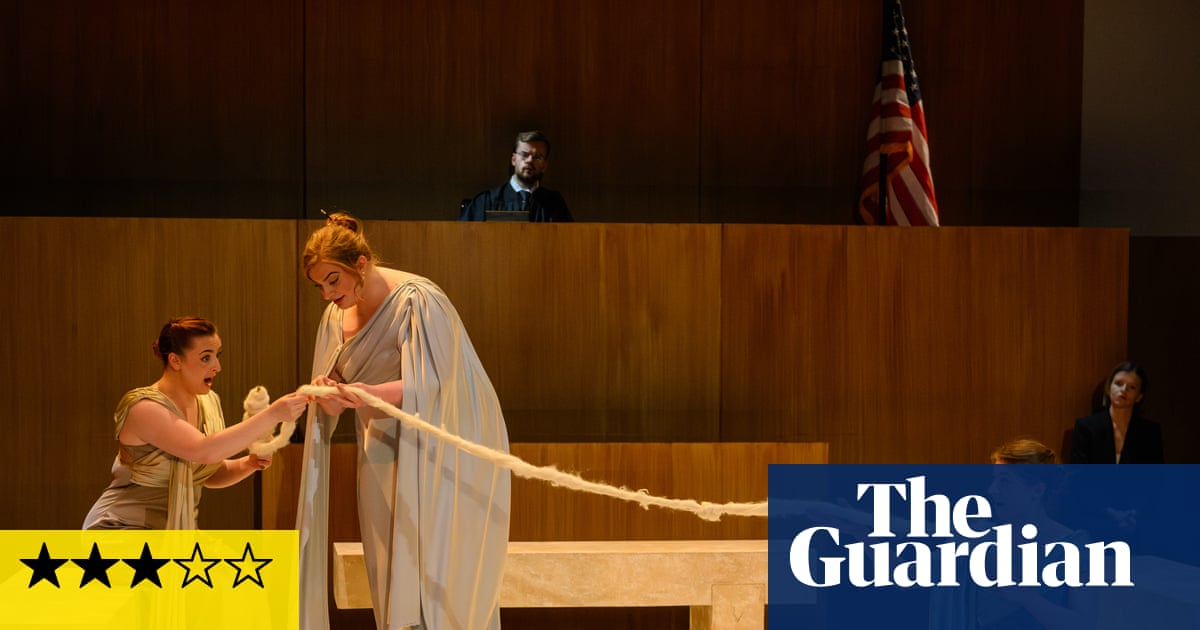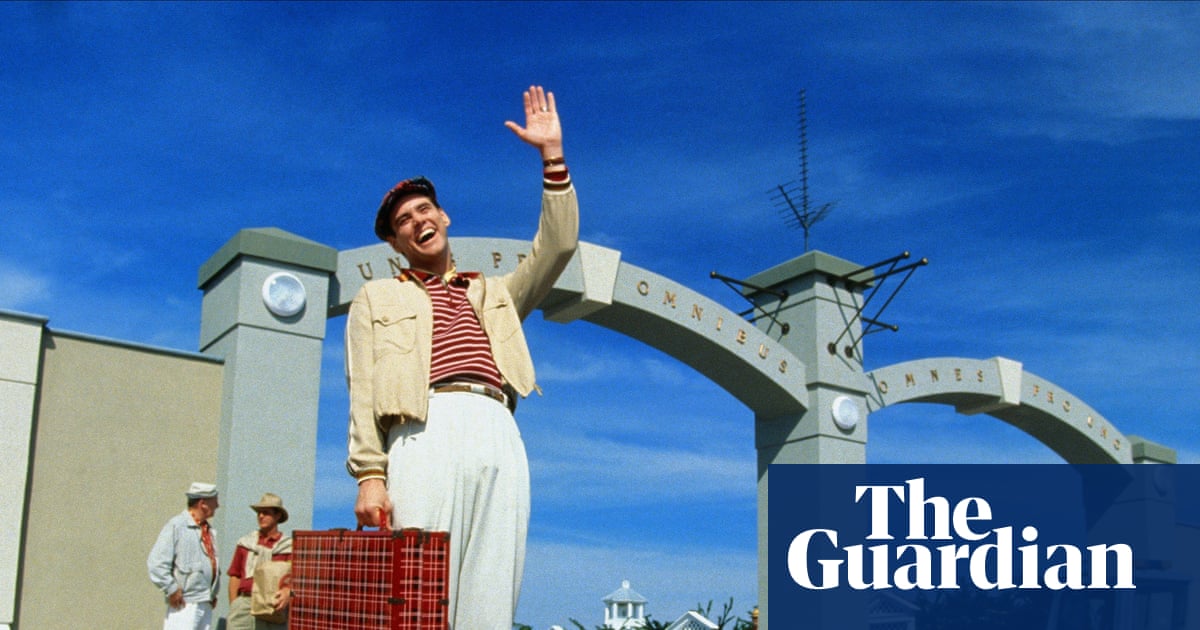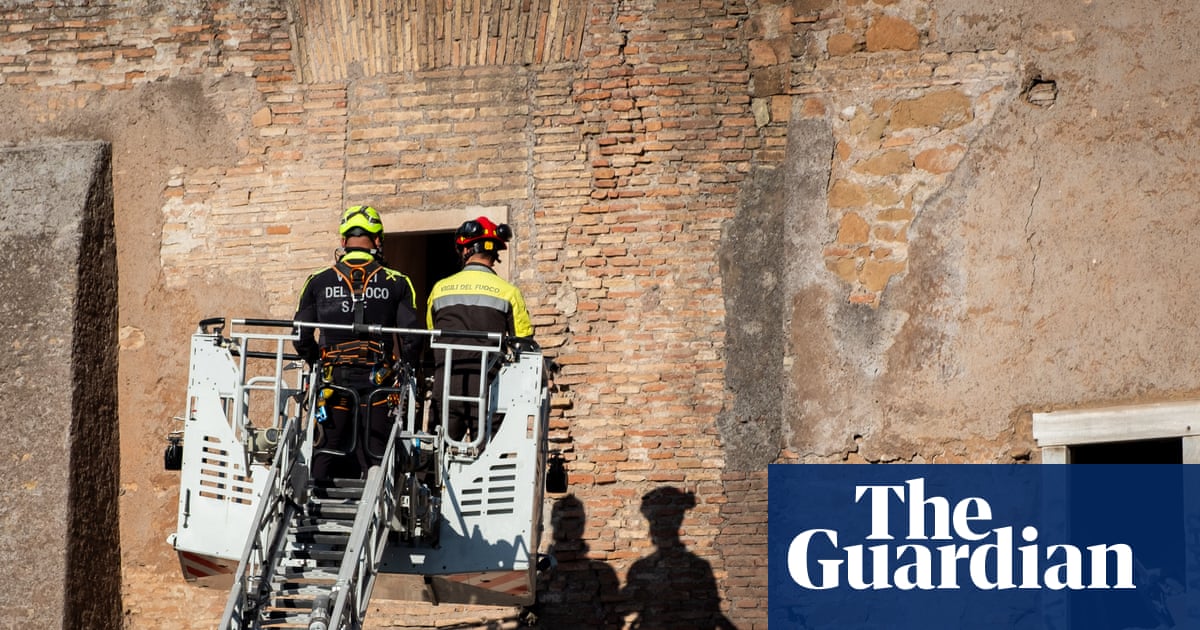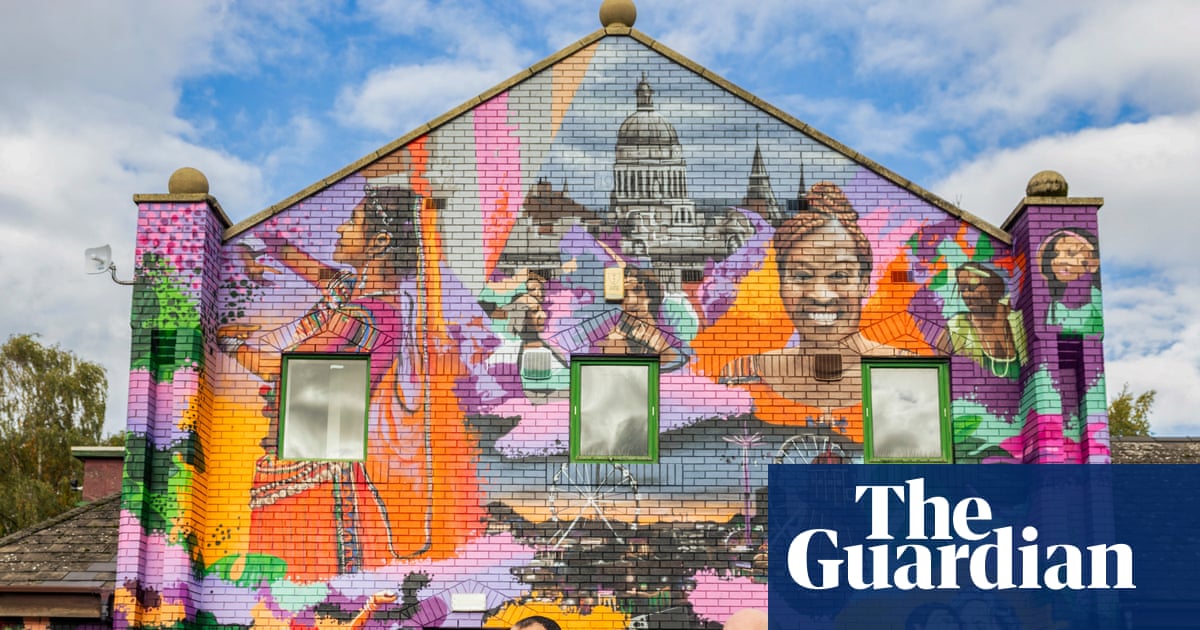“So at Lord’s was the scenery / Bound to go down in history.” Why isn’t Lord’s cricket ground marking the diamond anniversary of the Victory Test? We are now almost 75 years on from West Indies’ deeply resonant first win at motherland HQ, two years after the first Windrush crossing, hats in the air, Rae and Stollmeyer, cricket, lovely cricket, a rush of blood in the dry yonic centre of the great colonial game, all of that.
It would be wrong to say Lord’s carries no trace of this occasion. Wander around its fragrant perimeters during the India Test, past the gated lawns, the scrolling bars and food courts, and you might spot an embossed brick in the wall of historical moments, just down from Wangfrott Major taking the inaugural village cup and the opening of the media centre: 1950 West Indies win their first Test at Lord’s.
Does it matter? Not all dates need to be celebrated. What is an anniversary? Simply a marker of time passing and time is definitely going to pass. Anniversaries are often meaningless and over-fanfared, not least in a sport where arbitrary numbers are routinely fetishised. This week it has been necessary to form an opinion on Wiaan Mulder not wanting to hang around long enough against Zimbabwe to score 401 because someone else once scored 400 (masterful, generous, hyper-confident act of self-captaincy? Or limp, beta bottle-job, face melting as he stares into the white light of the arc of history? Correct answer: mmmyeahmaybeboth).
Still, it might have been nice to mark the occasion. Not least because it is probably the last significant date when anyone who was there at the time is still going to be alive. Also, in a break from the usual dynamic this is a good anniversary, a note from the past that tells us a few things about here and now. Mainly, it is just a brilliant story, full of art and beauty and ends that overlap in improbable places.
It is treason to object to any part of the Paddington film franchise. To say, why do these warm, underdog familial things always have to happen in unattainably posh Georgian terrace sub-basement parts of west London? Why does the plot of so many works of heritage-based British culture hinge on whether Hugh Bonneville looks happy over his toast at breakfast or not? Why does the entire experience feel like being force-fed Waitrose shortbread by a cackling Stephen Fry while having your fingernails removed with nail scissors forged entirely from twee? All of this is unsayable, punishable by having a heated knitting needle inserted into your eyeball by the queen live on BBC Two.
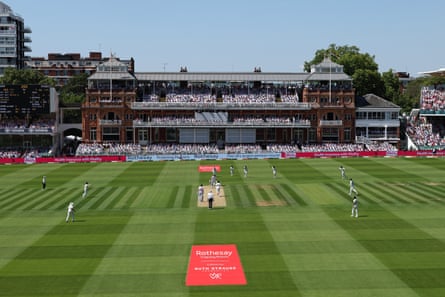
But the use of the calypso London Is the Place for Me does always seem a bit jarring, presented in Paddington as a note of happy-go-lucky triumph. The song was written in 1948 by 26-year-old Aldwyn Roberts, AKA Lord Kitchener, at a time when he had never been to London, as is clear from its references to friendly strangers and the beautiful scenery of Shaftesbury Avenue. The lyrics were composed, it is said, on that first Windrush crossing from Trinidad, a trip made in the company of fellow calypso stars Lord Beginner and Lord Woodbine.
Kitch sang the opening verses for the Pathé News cameras on Tilbury docks as the first passengers disembarked, an amazing moment of British cultural history. And these people weren’t fools. They knew what was waiting for them, for all the optimism about Britain as the imperial homestead. Within a few years there would be race riots in Notting Hill. Not long after Paddington’s projection of Kitch’s tune as a joyful ode to lived integration it would emerge that the British government had been deporting Caribbean pensioners.
The song was a hello, a hopeful suggestion. It captures the anxiety of the moment, the men in hats and suits, women in Sunday best, here to work in jobs you don’t want and stay in rooms you don’t want them to have, a song about hope and about falling short too.
As was Victory Test Match, written two years later, performed most famously by Kitch’s shipmate Beginner, and the most obvious living document of that occasion at Lord’s. It was an amazing match. A hot dry summer led to the presence of the two little pals of mine, Ramadhin and Valentine. Clyde Walcott scored a hundred. West Indies won by 326 runs on day five against an England team full of wiry, skinny postwar men.
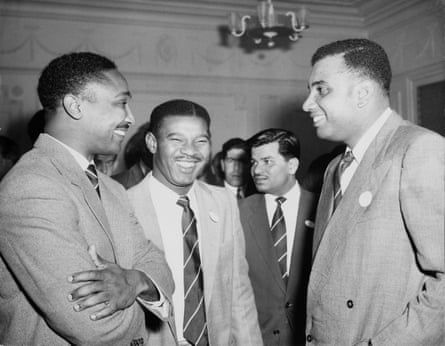
The accepted story is that the two Trinidadian Lords of Lord’s composed the words in the stands as the game was coming to a close. There is talk of a celebratory post-match march to Piccadilly. And it is just a really lovely piece of music, from the seductive clarinet refrain you hear once and then always retain, lurking there in the back of your head, to the way the structure of the lyrics dramatises their content.
after newsletter promotion
The verses are free and rambling and full of energy, but always returning at the end to the safety of a closed rhyming couplet. “He saw the King was waiting to see / So he gave him a century.” There is hope here, but also uncertainty. Like London, Victory is a kind of plea, shot full with the desire for this to mean something more about connection and place.
Beginner would record the song on the Parlophone label. Both men had successful musical careers. But the wider timeline is another story. A fight to make a home. Rivers of blood in 1968. Race riots in London and the Midlands 10 years later. Not long afterwards Dulwich college, just up the road from Brixton, would invite Enoch Powell in to give a talk in front of a starstruck Nigel Farage. In 1999 the England and Wales Cricket Board would produce its first disturbing report into cricket’s structural racism, bookended to the most recent one.
And it would be normal at this point to go from calypso to lament, to talk sadly about the decline of West Indian cricket, even if they do currently have a better seam attack than England. But is this really still the thing here? Or is it just the dead hand, nostalgia, a Paddington-isation. Bonneville frowning over his toast: he definitely thinks West Indies need to play more Tests like it’s 1986.
On the other hand, maybe the Caribbean has got what it needed out of this strange old colonial game. The years of sublime, super-disciplined dominance. A path into white-ball leagues remains for those who want it. What does cricket really have left to give, to the islands or to a diaspora that is pretty much absent now in the English game.
So the Victory Test diamond jubilee will pass largely unremarked at Lord’s, not just because it’s a long time ago and things are always happening, but because there is no real urgency or need, and of course, no money in it. And maybe that’s fair enough. Things that happened before don’t have to happen now. The real point of remembering is simply to honour those who were there, the artistry of Kitch and Beginner, and to be reminded that even this far on not much has really changed beyond the names on the bricks.

 3 months ago
101
3 months ago
101











